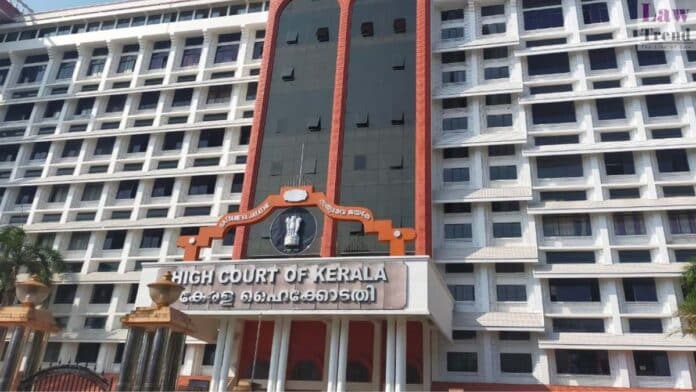The Kerala High Court on Tuesday upheld the life sentence of a man convicted for the brutal murder of his three-year-old son, a crime committed over seven years ago driven by doubts about the child’s paternity.
A bench comprising Justices P B Suresh Kumar and M B Snehalatha ruled that the man’s actions were “brutal and heinous,” affirming the trial court’s verdict. “We find no reason to interfere with the conviction and sentence passed by the trial court. The appeal is devoid of any merit and deserves only dismissal. We do so,” stated the bench.
The prosecution detailed the horrifying events of February 26, 2017, when the man, suspecting the paternity of his son, threw the toddler from the courtyard into the house. He then proceeded to beat the child indiscriminately with a belt and, in a final act of brutality, held the child by the legs and smashed his head against the floor. The severe injuries resulted in the child’s death.
In December 2021, the trial court had found the man guilty of murder and sentenced him to life imprisonment. The convict subsequently appealed to the high court, arguing that his actions should be classified under Section 304 of the Indian Penal Code (IPC) as culpable homicide not amounting to murder.
Rejecting this argument, the high court emphasized that the evidence clearly indicated the accused’s intention to cause serious bodily harm. “The bodily injury intended to be inflicted was sufficient in the ordinary course of nature to cause the death of a child aged three,” the court said.
Also Read
The bench further underscored the severity of the man’s actions. “The acts done by the accused were brutal and heinous. Hitting the head of a child aged three years on the floor by holding the legs cannot be said to be an act done by the accused without the intention of committing murder,” the court stated.
“Therefore, the argument put forward by the counsel for the accused that the case on hand would not fall under Section 300 (murder) and the offence would fall under Section 304 is untenable and cannot be accepted,” the bench concluded.




